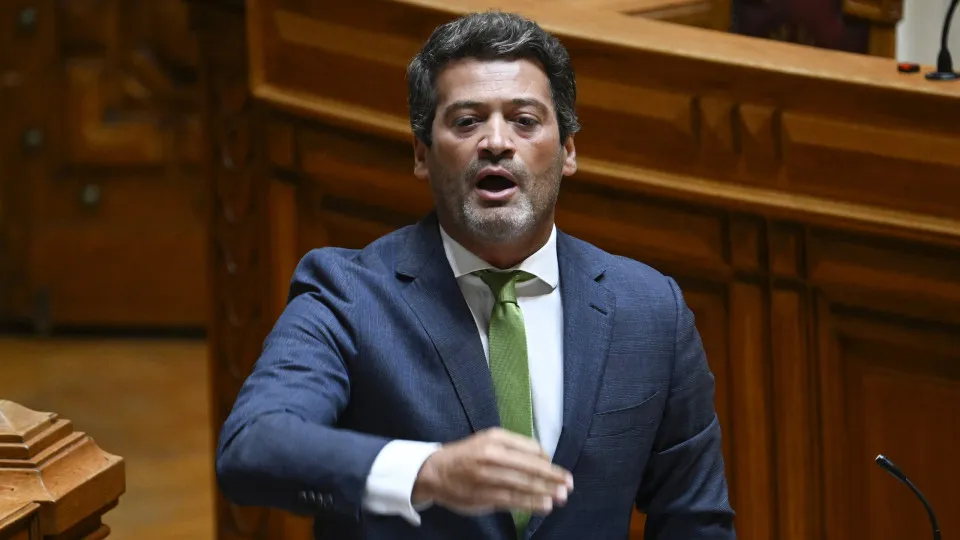
Gonçalo Matias concluded the debate on the State Budget for 2026 (OE2026), highlighting labor reform as one of the tools the Government “promotes to ensure economic growth”.
The minister stated that Portugal has become a “country of low wages for life” because the economy is “trapped in a web of low productivity, excessive rigidity, and lack of incentives for merit and production”.
He pointed to the “persistent drama of youth unemployment” which, he argued, adds to the “gender inequality evident in the use of parental leave, and the disproportionate impact of strikes without minimum services”.
Consequently, the official advocated measures such as reversing the ban on ‘outsourcing’, extending the maximum limit on fixed-term employment contracts from two to three years, and creating a simpler, less bureaucratic hours bank as “fundamental instruments for a more dynamic and fair labor market”.
The minister argued that “what worked 20 or 10 years ago no longer reflects the reality of today’s workers”, thus “labor law must adapt to emerging dynamics”.
“This labor reform is not an ideological exercise, nor is it a concession to pressures; it is a firm, realistic, and future-oriented response,” he affirmed.
The proposed changes – designated “Work XXI” and presented by the Government as a “deep” revision of labor laws involving the revision of “more than a hundred” articles of the Labor Code – target various areas from parental matters, dismissals, to extending contract terms and sectors covered by minimum services in strike situations.
Following criticism from two union centers, the Government presented a new proposal to UGT with some concessions, such as dropping the simplification of dismissals in medium-sized companies, while retaining the return of the individual hours bank and revocation of rules restricting ‘outsourcing’ in case of dismissal, as per the document first reported by Público.
In his speech, the minister also noted that Artificial Intelligence represents an opportunity in the fields of licensing, citizen service provision, and the daily functioning of Public Administration, which, he said, “can benefit from greater efficiency and responsiveness”.
Gonçalo Matias mentioned that the Government is working “so that by 2030” all public services will be digital, “without leaving anyone behind” by strengthening citizen service centers.
He summarized the objective in one sentence as a reform of “less paperwork, more decision-making”.
The draft State Budget for 2026 was approved today in a final global vote with votes in favor from the two government-supporting parties, PSD and CDS-PP, and abstention from PS.
The remaining parties (Chega, IL, Livre, PCP, BE, PAN, and JPP) voted against.




